are snake plants toxic to cats
As houseplants continue to gain popularity, it's crucial for pet owners to be aware of the potential dangers some plants can pose to their furry friends. One plant that often comes up in conversations about pet safety is the snake plant. In this blog post, we will delve into the topic of whether snake plants are toxic to cats and provide valuable information to help you make informed decisions about the plants you keep in your home.
What to Do if Your Cat Ingests a Snake Plant?
Remain calm: Panicking won't help the situation. Assess your cat's condition and gather as much information as possible, such as the estimated amount of plant eaten and the time of ingestion.
Contact your veterinarian immediately: Early intervention is crucial. Your vet will advise on the best course of action, which might include inducing vomiting to remove the plant material, administering fluids, or providing supportive care for symptoms.
Monitor your cat closely: Even if your cat seems fine initially, keep an eye out for any developing symptoms and reach out to your vet if anything concerning arises.
Common Toxic Houseplants for Cats

While we focus on snake plants in this article, it's important to have a broader understanding of other toxic houseplants for cats. Some common examples include lilies, azaleas, and philodendrons. These plants contain toxins that can lead to symptoms ranging from mild digestive upset to more severe complications such as kidney failure.
When it comes to assessing the potential hazards of certain plants, it's essential to consult reliable sources such as veterinary professionals, botanists, and horticulturists who specialize in the field of toxicology.
Other Toxic Houseplants
While snake plants are one of the common toxic houseplants, several others pose a risk to cats. Here are a few examples:
The Aloe Vera Plant

Aloe vera contains compounds that can be harmful to cats if ingested. Keep it out of reach.
The Jade Plant

Jade plants, also known as Crassula ovata, can cause vomiting and diarrhea in cats.
The "Mother-in-Law" Plant

The mother-in-law's tongue plant (Sansevieria trifasciata) is another name for snake plant and should be avoided.
The Peace Lily

Peace lilies (Spathiphyllum) contain calcium oxalate crystals that can irritate a cat's mouth and throat.
The Pothos Plant

Pothos (Epipremnum Aureum) can cause gastrointestinal upset if consumed by cats.
Are Snake Plants Toxic to Cats?
Yes, unfortunately, snake plants are toxic to cats. They contain saponins, which are a type of chemical compound that can irritate the gastrointestinal tract and cause vomiting, diarrhea, and loss of appetite. In severe cases, saponins can also damage red blood cells and lead to liver problems.
Potential Risks for Cats
Although snake plants are generally considered safe for cats, it's crucial to be aware of the specific substances present in these plants that can pose potential dangers. Snake plants contain saponins, a type of chemical compound that can cause mild digestive discomfort in cats if ingested in large quantities.
Common symptoms of snake plant poisoning in cats may include vomiting, diarrhea, and drooling. In most cases, these symptoms are temporary and subside on their own. However, if your cat exhibits severe symptoms or if you are unsure about your pet's condition, it is advisable to seek veterinary advice immediately.
Preventive Measures
To ensure your cat's safety and avoid any potential risks associated with snake plants, there are several proactive steps you can take. Firstly, consider placing your snake plants in locations that are out of your cat's reach. This may involve using hanging planters, placing them on high shelves, or creating designated cat-free zones in your home.
Additionally, to deter cats from investigating your snake plants, you can place deterrents such as citrus peels, cayenne pepper, or aluminum foil near the plants. These methods often discourage cats from getting too close and prevent potential ingestion.
Alternate Pet-Friendly Houseplants
If you prefer to err on the side of caution or have a particularly curious cat, there are several pet-friendly houseplant alternatives that can add greenery to your home without posing any risks to your furry friends. Consider plants like spider plants, Boston ferns, and areca palms, which are known for their appealing aesthetics and non-toxicity to cats.
Choosing pet-friendly houseplants not only ensures the safety of your cat but also adds an additional layer of peace of mind, allowing you to enjoy your indoor garden without worry.
Top 5 Non-Toxic Plants for Cat Owners:
- Spider plants



- Air plants


3 Ways to Make Snake Plants Less Appealing to Cats:
- Bitter apple spray: Apply a commercially available bitter-tasting deterrent to discourage munching.
- Citrus scents: Cats generally dislike citrus aromas. Place orange peels or scented diffusers near your snake plants.
- Potting soil texture: Opt for chunky, gravel-like soil instead of fine soil that's easy for cats to dig in.
When it comes to the safety of our beloved pets, it's essential to educate ourselves about potential dangers and make informed decisions. In the case of snake plants, the scientific evidence overwhelmingly supports their non-toxic nature for cats. However, it's crucial to remain vigilant and prioritize preventive measures, as well as consult a veterinarian if any concerns arise.
Remember, the well-being of our pets should always come first, and by staying informed and taking proactive steps, we can create a safe environment for our cats while enjoying the beauty of houseplants.
Additional Resources and References
For further information on snake plants and pet safety, we recommend consulting the following reputable sources:
- American Society for the Prevention of Cruelty to Animals (ASPCA) - https://www.aspca.org/
- Animal Poison Control Center - https://www.petpoisonhelpline.com/
- Royal Horticultural Society (RHS) - https://www.rhs.org.uk/

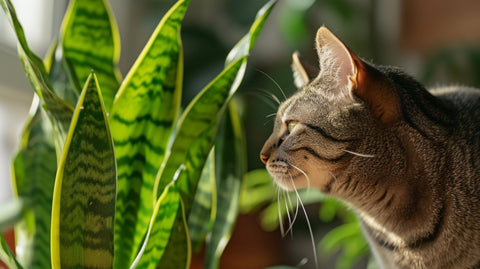

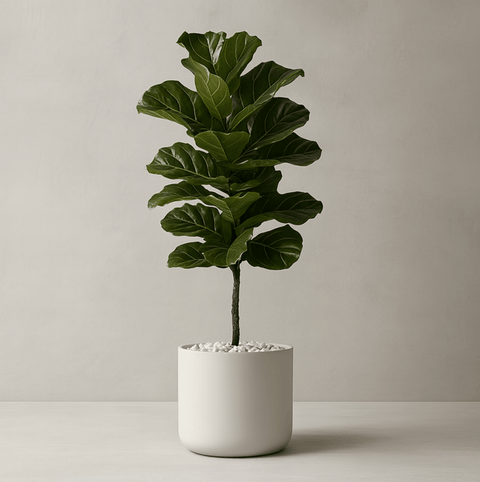
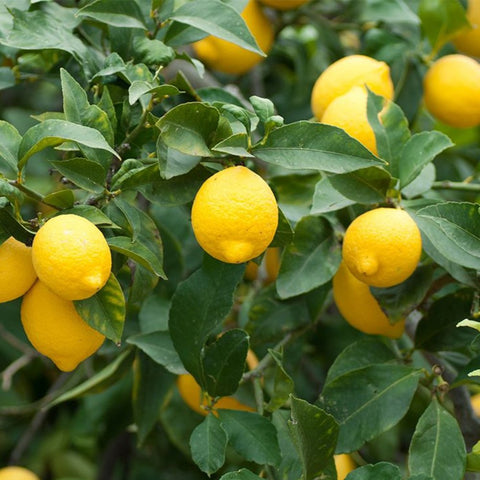
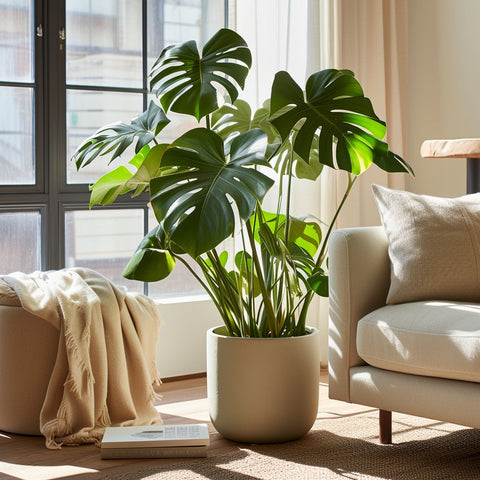
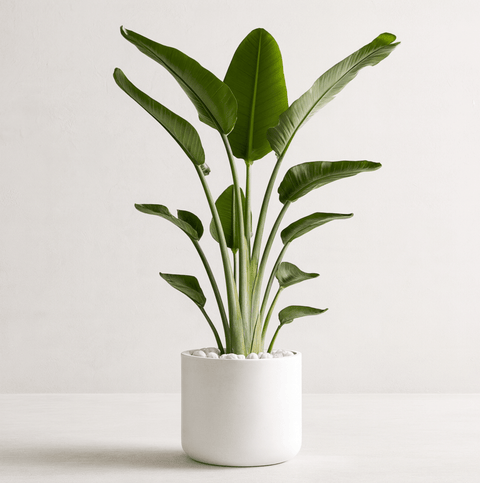
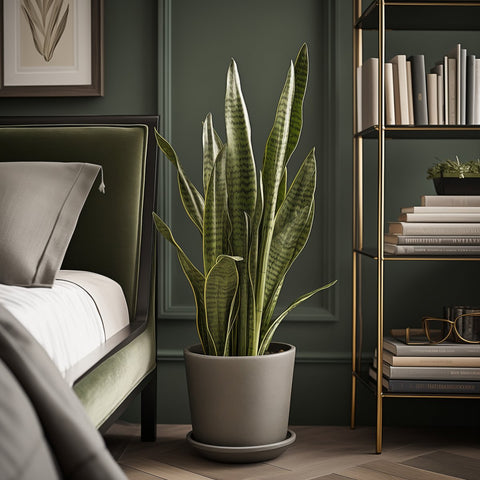
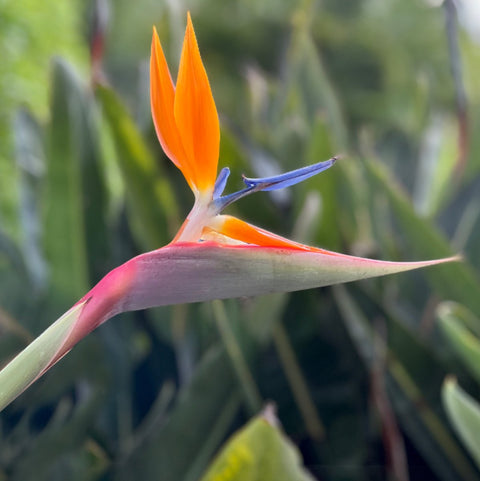

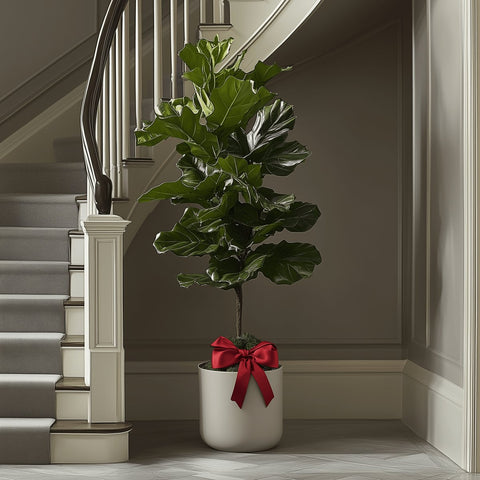






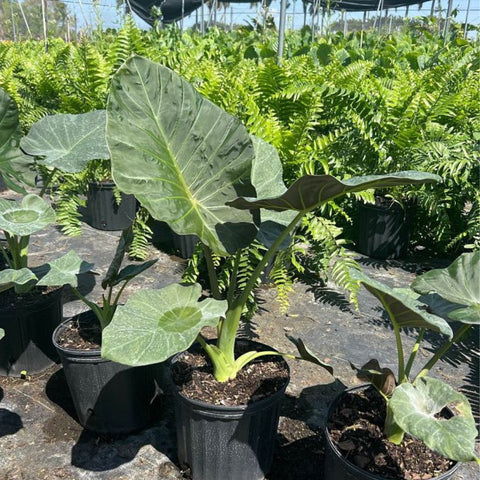
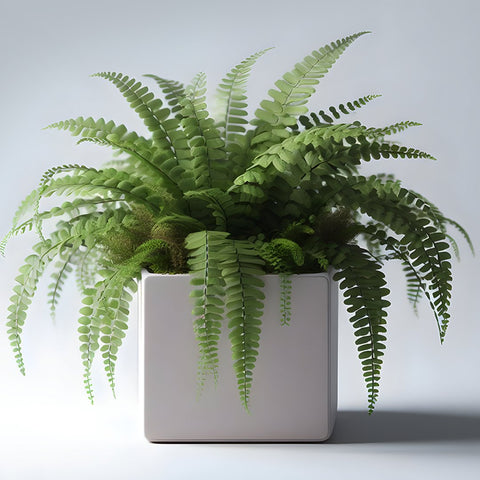


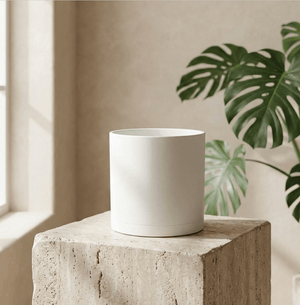
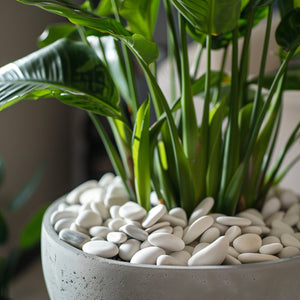
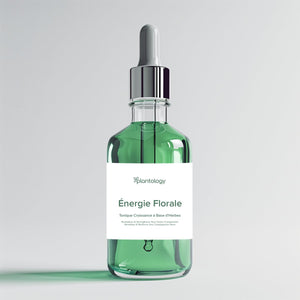
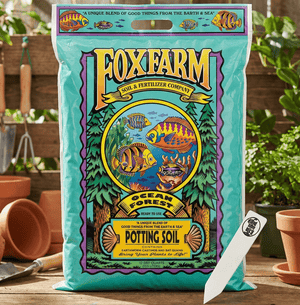




Comments (0)
There are no comments for this article. Be the first one to leave a message!